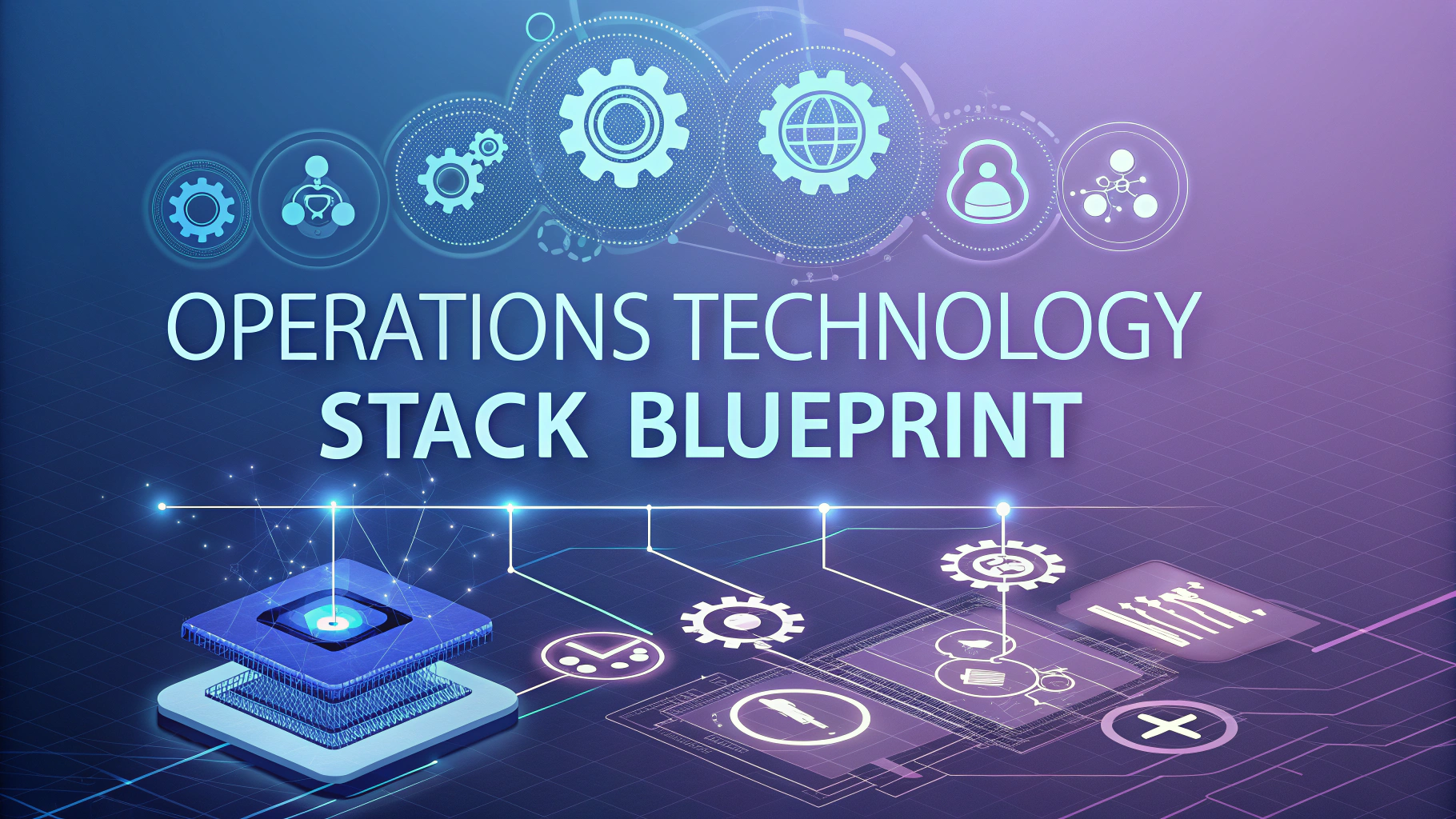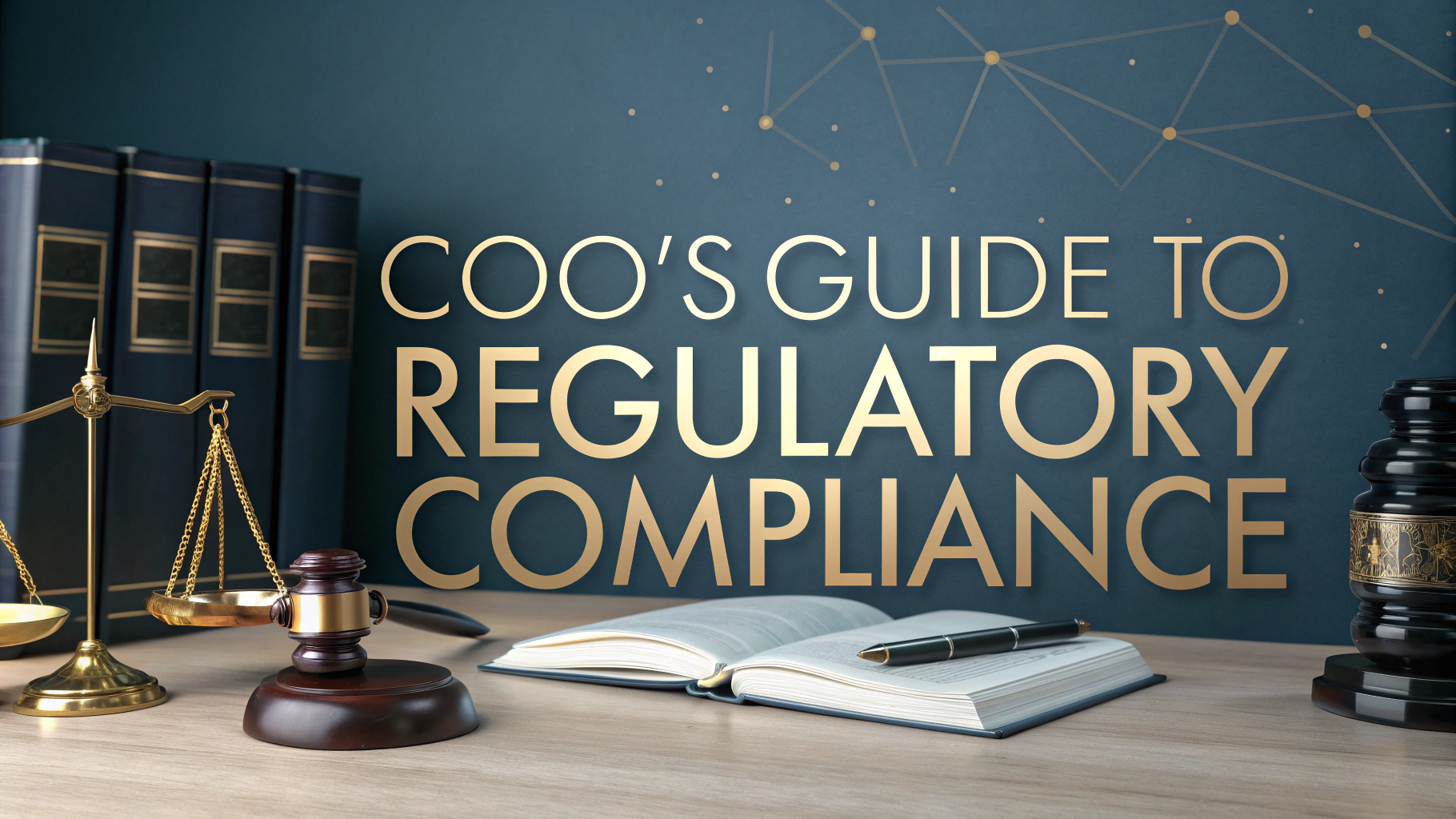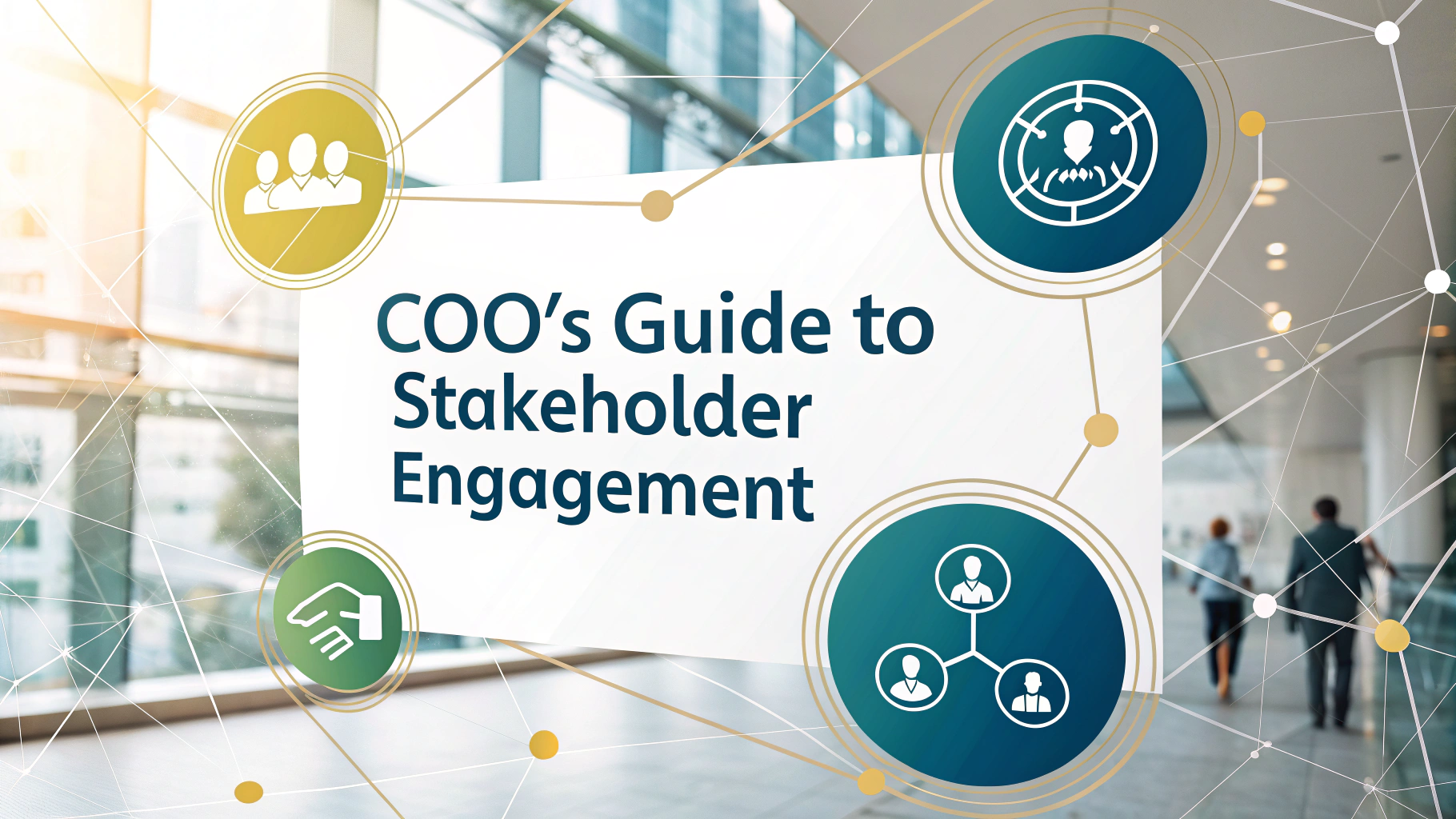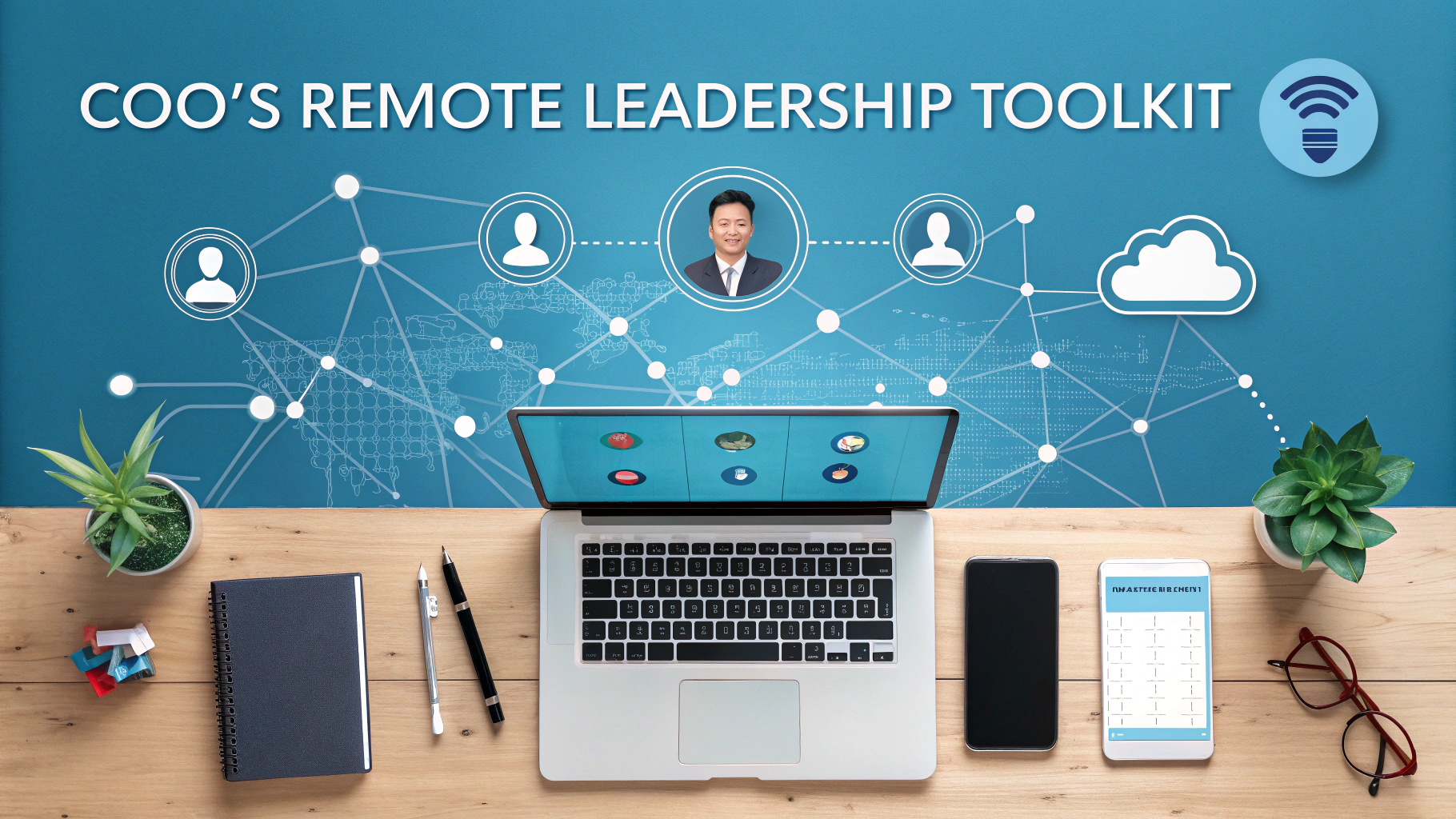A strong personal brand sets successful Chief Operating Officers apart from their peers in an increasingly competitive business landscape.
COOs who effectively cultivate their personal brand gain increased visibility, better career opportunities, and enhanced ability to drive organizational change.
This guide provides actionable steps for COOs to build an authentic personal brand that resonates with stakeholders and advances their professional goals.
Defining Your COO Brand Identity
Your personal brand should reflect your unique combination of operational expertise, leadership philosophy, and professional values.
- Identify your core operational strengths
- Document notable achievements and turnarounds
- Articulate your leadership approach
- Define what makes you different from other COOs
Building Professional Visibility
Strategic visibility helps establish credibility and authority in your role.
- Speak at industry conferences and events
- Publish thought leadership content on LinkedIn
- Participate in podcasts and interviews
- Join professional organizations like COO Forum
Digital Presence Optimization
A polished online presence is essential for modern COO personal branding.
- Professional headshots and consistent imagery
- Updated LinkedIn profile with achievements
- Personal website or digital portfolio
- Regular social media engagement
Networking and Relationship Building
Strategic relationships amplify your personal brand reach and impact.
- Connect with other C-suite executives
- Join executive networking groups
- Mentor rising operations leaders
- Build relationships with industry analysts
Content Strategy Development
Share your operational expertise through targeted content.
- Write articles on operational excellence
- Create case studies of successful initiatives
- Share insights on emerging business trends
- Develop presentations on leadership topics
Measuring Brand Impact
Track key metrics to assess your personal brand effectiveness.
- Speaking engagement requests
- LinkedIn engagement rates
- Media mentions and citations
- Industry award recognition
Next Steps for Brand Growth
Focus on consistency and authenticity in your personal brand development.
- Schedule regular content creation
- Seek speaking opportunities
- Build meaningful professional connections
- Update achievements and materials quarterly
Connect with organizations like COO Forum or Operations Executive Network to expand your professional network and personal brand reach.
Brand Crisis Management
Protecting and maintaining your personal brand during challenging times is crucial for long-term success.
- Develop crisis communication protocols
- Address organizational challenges transparently
- Maintain consistent messaging across channels
- Seek professional PR guidance when needed
Executive Storytelling
Compelling narratives help stakeholders connect with your leadership journey and operational philosophy.
- Share personal leadership lessons
- Document transformation stories
- Highlight team success stories
- Communicate vision and values
Cross-Industry Influence
Expand your brand impact beyond your primary industry sector.
- Participate in cross-industry panels
- Share universal operational principles
- Build diverse professional networks
- Contribute to business publications
Elevating Your COO Legacy
A well-crafted personal brand creates lasting impact and opens doors for future opportunities.
- Document your operational innovations
- Build sustainable leadership practices
- Mentor the next generation
- Create frameworks for ongoing success
Remember to regularly assess and refine your personal brand strategy as your career evolves and market demands change. Join professional communities and leverage digital platforms to amplify your message and establish yourself as a thought leader in operational excellence.
FAQs
- What is the primary purpose of building a COO personal brand?
A COO personal brand helps establish credibility, enhances professional visibility, attracts career opportunities, and strengthens organizational leadership positioning both internally and externally. - What are the key elements of a strong COO personal brand?
A strong COO personal brand includes operational expertise, leadership philosophy, track record of results, industry thought leadership, professional networking presence, and consistent communication across platforms. - How can a COO effectively showcase their operational achievements?
COOs can showcase achievements through case studies, data-driven success stories, speaking engagements, industry publications, LinkedIn articles, and professional portfolio documentation. - What role does social media play in building a COO’s personal brand?
Social media platforms, particularly LinkedIn and Twitter, serve as channels to share industry insights, company successes, leadership perspectives, and to engage with professional networks and stakeholders. - How does personal branding differ for COOs compared to other C-suite executives?
COO personal branding focuses more on operational excellence, execution capability, team leadership, and organizational transformation, while complementing rather than competing with the CEO’s vision-focused brand. - What are the most common mistakes COOs make when building their personal brand?
Common mistakes include inconsistent messaging, over-promotion, neglecting relationship building, failing to demonstrate operational expertise, and not aligning personal brand with company values. - How can COOs measure the effectiveness of their personal brand?
Effectiveness can be measured through engagement metrics, speaking invitations, media coverage, industry recognition, professional opportunities, and the strength of professional networks. - Should COOs focus on internal or external branding first?
Internal branding should be prioritized initially to establish credibility and trust within the organization before expanding to external brand building efforts. - How often should COOs update their personal brand messaging?
Personal brand messaging should be reviewed quarterly and updated to reflect new achievements, evolving responsibilities, industry trends, and organizational priorities. - What role does mentorship play in a COO’s personal brand development?
Mentorship demonstrates leadership capability, industry influence, and commitment to developing future talent, while enhancing the COO’s reputation as a thought leader and people developer.








